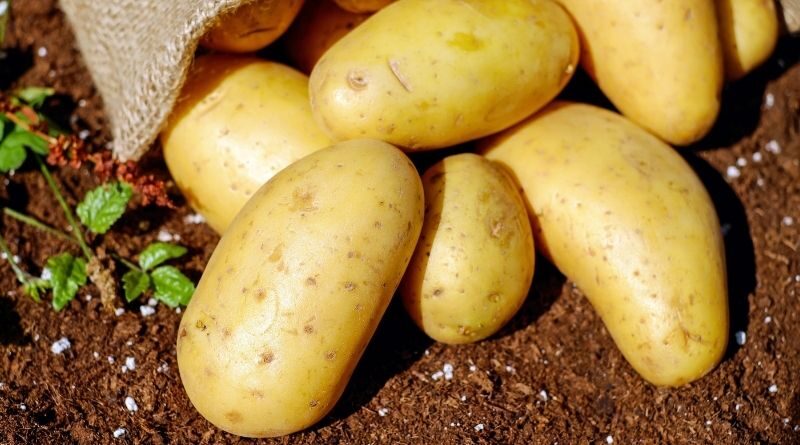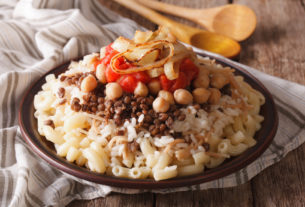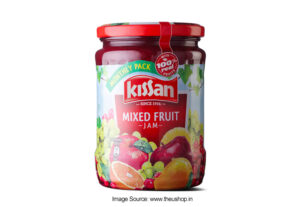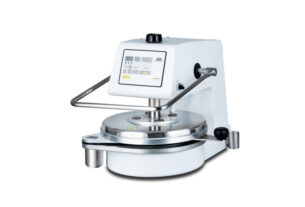Potatoes are edible tubers that are accessible worldwide and throughout the year. They are inexpensive to cultivate, nutrient-dense, and make a delightful snack.
In recent years, the potato’s popularity has declined due to the desire for low-carbohydrate cuisine.
Nonetheless, the fiber, vitamins, minerals, and phytochemicals it contains can aid in disease prevention and improve human health.
Before 10,000 years ago, potatoes were initially domesticated in the Andes region of South America. Explorers from Spain introduced them to Europe in the early sixteenth century.
They are currently the largest vegetable crop in the United States (U.S.), where the average American consumes 25 kilograms (kg) of potatoes annually. They are a significant staple meal in many nations.
Quick Facts About Potatoes:
- Some data indicate eating potatoes may aid in reducing inflammation and constipation.
- A medium potato has around 164 calories and 30{3d1c1c6bd933fff825a02389fe721d4b48626f855e7f0de233f75ee8ec0fd0c8} of the recommended daily allowance of B6.
- Baked potatoes in oven are an inexpensive, nourishing, and comforting wintertime snack.
Benefits
Potatoes may be nutritious if cooked properly.
A diet rich in fruits and vegetables can improve health and minimize the risk of several lifestyle-related diseases.
Even when cooked, potatoes have vital minerals that have a variety of health benefits for humans.
Here are ten ways in which potatoes may help to a healthy lifestyle, including the prevention of osteoporosis, the maintenance of heart health, and the reduction of infection risk.
1) Bone Wellness
Iron, phosphorus, calcium, magnesium, and zinc all contribute to the development and maintenance of strong bones.
Iron and zinc are essential for collagen formation and maturation.
Phosphorus and calcium are both needed for bone structure, but they must be in balance for optimal bone mineralization. Too much phosphorus and not enough calcium contribute to bone loss and osteoporosis.
2) Blood Pressure
Maintaining healthy blood pressure requires minimal salt consumption, but boosting potassium intake may be as significant. Potassium promotes vasodilation, which is the dilation of blood vessels.
According to the National Health and Nutrition Examination Survey (NHANES), less than 2{3d1c1c6bd933fff825a02389fe721d4b48626f855e7f0de233f75ee8ec0fd0c8} of adult Americans reach the daily guideline of 4,700 milligrams.
Potassium, calcium, and magnesium are all found in the potato. These have been proven to naturally reduce blood pressure.
3) Cardiac Health
The potato’s fiber, potassium, vitamin C, and vitamin B6 levels, as well as its absence of cholesterol, all contribute to heart health.
Potatoes are an excellent source of fiber. Fiber reduces total cholesterol levels in the blood, hence reducing the risk of heart disease.
NHANES-based research has associated greater potassium consumption and a lower salt intake with a decreased risk of all-cause death and heart disease.
4) Inflammation
Choline is an essential and adaptable vitamin found in potatoes. It improves muscular function, mood, learning, and memory.
Additionally, it helps with: maintaining the shape of cellular membranes, conveying nerve impulses, absorbing fat, and early brain development.
One big potato has 57 milligrams of choline. Males need 550 mg per day, while females require 425 mg.
5) Tumour
Folate is present in potatoes. Folate has a function in DNA synthesis and repair, preventing the formation of many kinds of cancer cells owing to DNA mutations.
The consumption of fiber-rich fruits and vegetables, such as potatoes, is connected with a decreased risk of colon cancer.
Vitamin C and quercetin are antioxidants that protect cells from harm caused by free radicals.
6) Regularity And Digestion
The potato’s fiber content prevents constipation and promotes regularity for a healthy digestive system.
7) Weight Control And Satiation
Dietary fibers are widely acknowledged as crucial components in weight management and weight reduction.
They improve satiety and decrease appetite, causing a person to feel fuller for longer and consume fewer calories.
8) Metabolism
The potato is a rich source of vitamin B6. By breaking down carbs and proteins into glucose and amino acids, this enzyme plays a crucial part in energy metabolism. These smaller molecules are used for energy within the body more efficiently.





